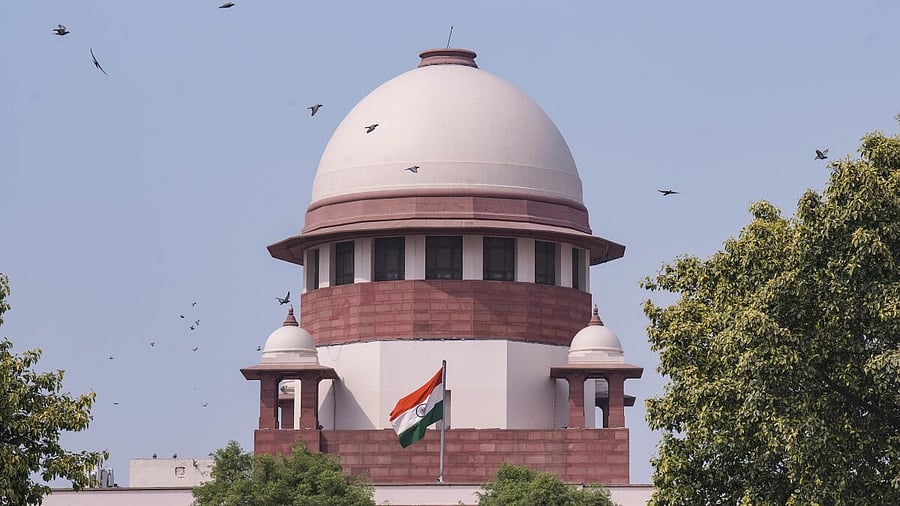
The Supreme Court of India.
Credit: PTI File Photo
New Delhi: The Supreme Court on Friday highlighted the hostile discrimination against persons with disabilities in employment, and asked the Centre whether measures were taken to provide "upward movement" of such meritorious candidates if they secured more than the cut-off for the unreserved category.
A bench of Justices Vikram Nath and Sandeep Mehta said it is essential to address the grave discrimination faced by persons with disabilities as they are the ones who have been deprived by providence, as against the persons who face discrimination arising from the societal setup.
The court noted the persons with disabilities protected under Rights of Persons with Disabilities (RPwD) Act, who, in spite of standing higher in merit, are denied upward movement.
"This practice defeats the very purpose of reservation and constitutes a glaring example of hostile discrimination. The principle of upward movement, available to candidates under social reservation categories, ensures that reserved seats go to those who truly need them. The denial of this principle to persons with disabilities deprives lower-scoring candidates with disabilities of their rightful opportunities," the bench said.
It asked the Centre to apprise it on measures taken to provide "upward movement" of such meritorious candidates, if they secured more than the cut-off for the unreserved category.
The court noted a meritorious candidate would automatically move up to the unreserved category, thereby leaving the reserved seat vacant to be occupied by a candidate from the reserved category who scored less in the evaluation process.
The bench also directed a nationwide monitoring of all state-run care institutions, housing persons with cognitive disabilities, to be undertaken under "Project Ability Empowerment" by eight National Law Universities (NLU), including the National Law School of India University, Bengaluru, and NLU Delhi.
A plea was field by Reena Banerjee seeking judicial intervention for addressing the systemic barriers faced by persons with disabilities and ensuring enforcement of statutory safeguards. The court emphasised that the disability represents a fundamental aspect of human diversity” and that the legal system must recognise it as a lens that “reveals the true nature of of legal, social, and institutional frameworks.”
The court directed the Centre to provide an interim fund of Rs 25 lakhs to each NLU and sought a consolidated report with actionable recommendations within six months.
